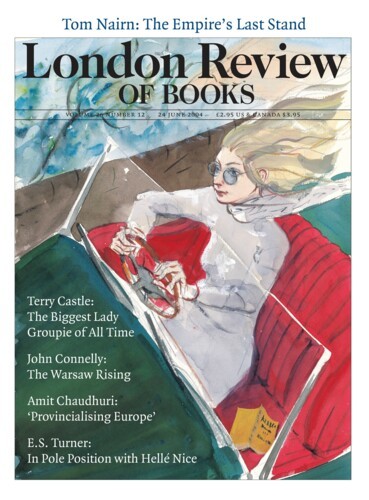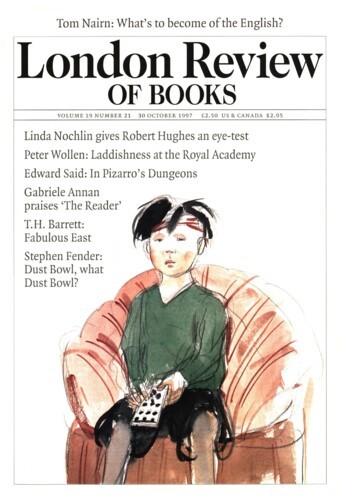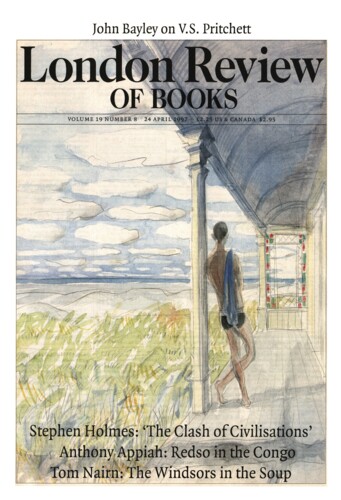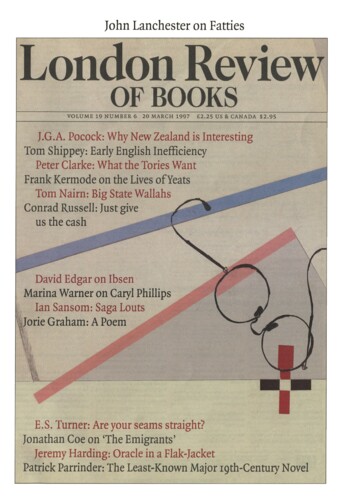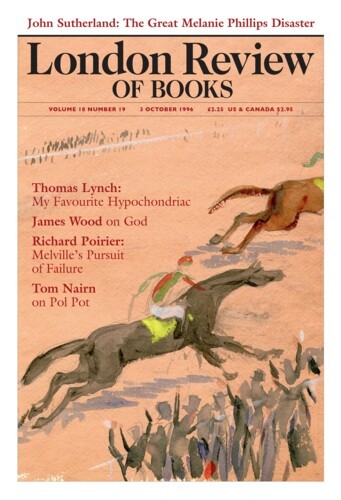Northern Ireland, the Basque Country, Corsica, Bosnia-Herzegovina, Nagorno-Karabakh: this list of familiar trouble-spots is neither complete nor extended beyond Europe, in which case it would be at least eight times longer. Originally coined to describe the situation in Ireland, ‘troubles’ in this sense have multiplied and become global, notably since 1989. No serious newspaper and few TV bulletins are without their quota of violent trouble items, which often enough make up most of the news. Under such a barrage it is easy to feel ‘trouble’ as a climate of the age, and link it to one indiscriminate ‘-ism’ or another. Yet even from the restricted sample quoted something else, not so easily classified, may spring to the eye. Most such ethno-nationalist conflicts seem to happen in predominantly rural situations. Nor are they rural merely in the sense of being agricultural or non-urban – like East Anglia, say, or the Beauce plain in central France – they are areas where ‘rural’ tends to mean ‘peasant’: areas where a historical pattern of small landholding prevails, or has until recently prevailed, one marked by intense heritable rights, rigid morality or faith, customary exclusivity and an accompanying small-town or village culture.’
The Pol Pot Regime: Race, Power and Genocide in Cambodia under the Khmer Rouge, 1975-79 by Ben Kiernan. Northern Ireland, the Basque Country, Corsica, Bosnia-Herzegovina, Nagorno-Karabakh: this list of familiar trouble-spots is neither complete nor extended beyond Europe, in which case it would be...
